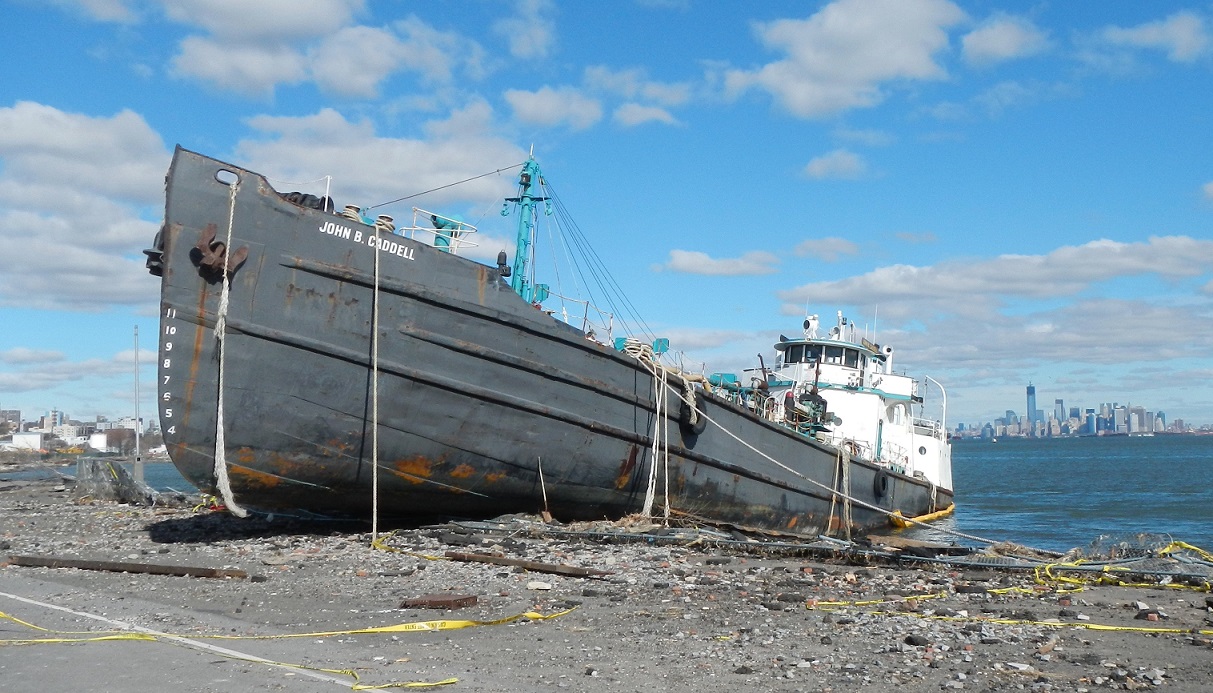This article discusses the impacts of Sandy on the US and Haiti, and what this means for global catastrophic risk. The basic idea is that when one event disrupts multiple parts of the world, they can’t help each other out like they usually do. Right now the US can’t help Haiti as much because it’s busy helping itself. In a global catastrophe, there may not be any external assistance, making the recovery much harder.
The article begins as follows:
It takes a lot to bump the United States election out of the national spotlight one week before election day. Hurricane Sandy was that big, a direct blow to the most heavily populated region of the country. But all the attention going to the northeastern U.S. has a sad consequence: we’re overlooking the devastation Sandy caused in Haiti. This situation offers an ominous warning of what could happen if catastrophe were to affect the entire planet.
This story is very personal for me. I live in New York City, and I do research on global catastrophes. While my neighborhood (Harlem) never lost electricity, this past Thursday and Friday I ventured to the area of Lower Manhattan that did. The area was much quieter than normal – clearly many people had left town. Of the remaining local residents, some reported enjoying the simpler life of “camping at home” and candlelit bars, while others were sick of it and wanted things back to normal. I even saw one woman frantically trying to care for an elderly neighbor who had run out of food and lacked the strength to go outside without her building’s elevator. This is a difficult situation, but as I know from my research, it could have been a lot worse.
Meanwhile in Haiti, things may be worse. It seems sadly inevitable that we have the worst storm to hit the northeastern U.S. in a very long time, and it is disaster-stricken Haiti that may have been hit the hardest. At least 60 Haitians have died from Sandy. The U.S. has more deaths, but these are spread across a much larger affected population. Meanwhile Haiti may now have 200,000 homeless from Sandy, many of whom were still living in makeshift homes built following the 2010 earthquake. Its cholera outbreak could be worsened by the floods. But most worrisome is the large loss of crops. Haiti has an agriculture-oriented economy. The crop damage is prompting concerns about food shortages. For all the destruction in the U.S., it’s not at risk of running out of food.
The remainder of the article is available in Scientific American.










